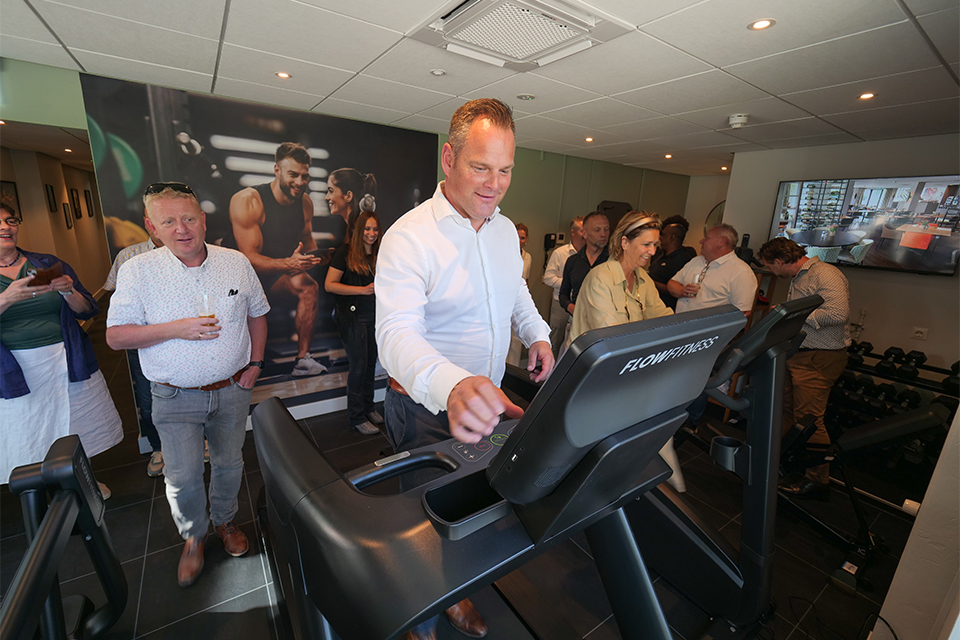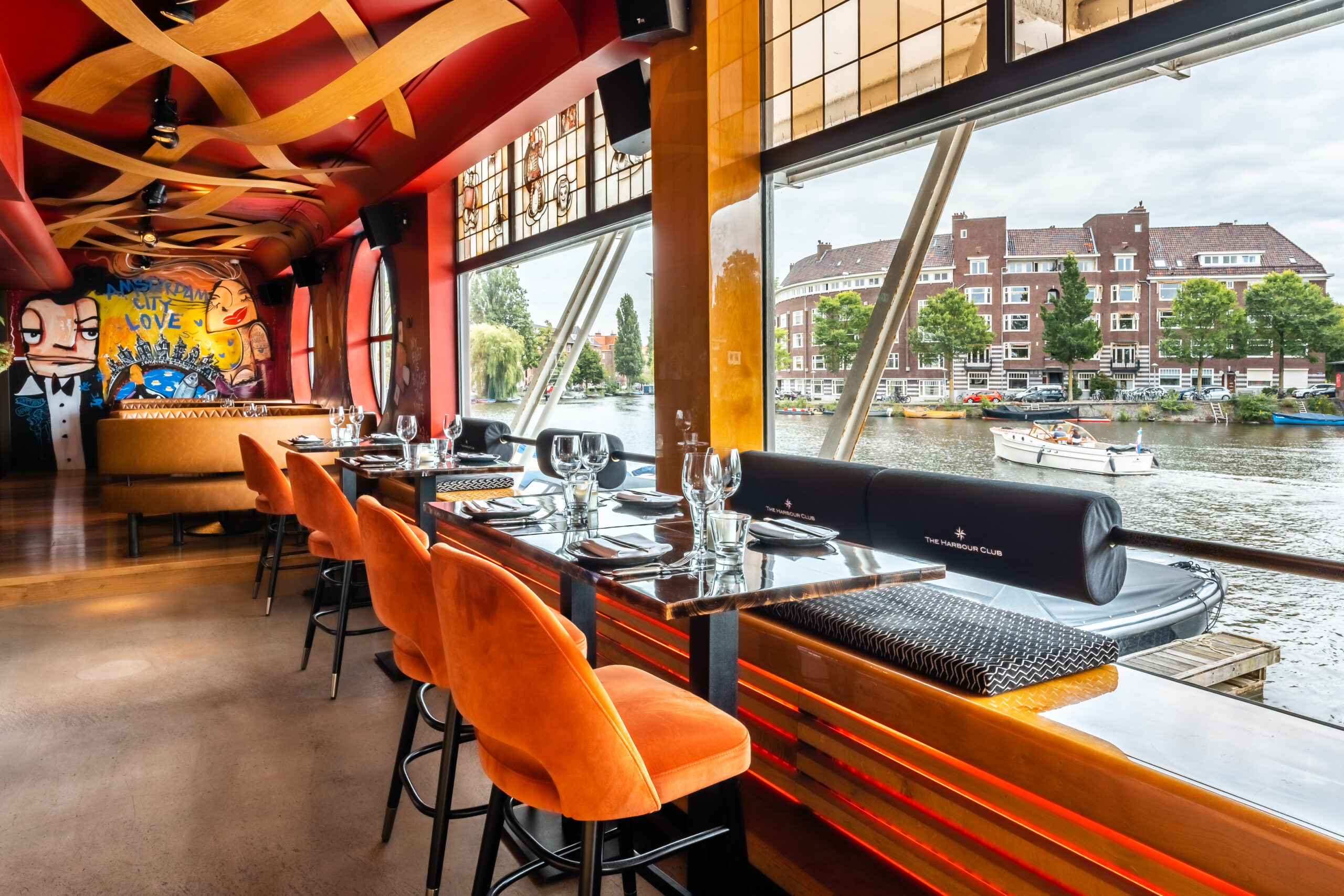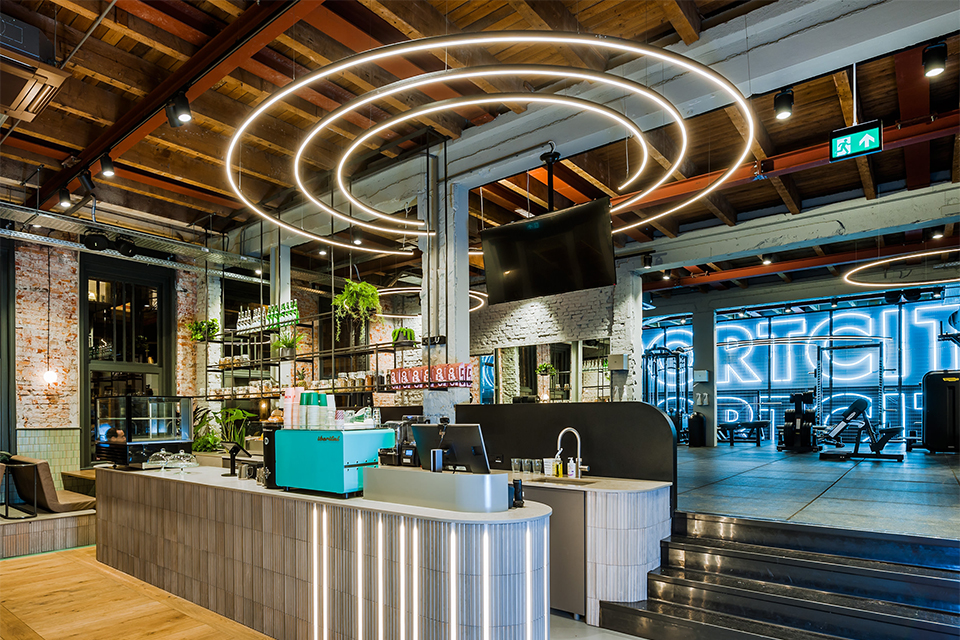
How do you rebuild the tent without any headaches?
Tips for hotel owners
When a hotel is due for renovation, the question arises: how do you ensure that the renovation goes smoothly, without disrupting the guest experience? Robin Albersen, founder of Building Retail, and Hannelore Schultz, project manager, share their insights from previous projects. With a background in both retail and hospitality renovations, they know how important it is to make renovation projects customer-friendly and efficient.
Albersen explains that their process really starts with the very first conversation with the client. "We start with a comprehensive inventory of the hotel's needs and requirements," he says. "From this, a programme of requirements emerges, which is then translated into a design. After that, we ensure that all necessary permits and any subsidies are applied for in good time, so that there are no delays in the process."
Good preparation
According to Albersen, good preparation is the key to success. "What exactly do you want done? What is the objective of the renovation? Is it because of outdated installations, a new concept or something else? We are at the table from moment one to monitor the budget," he explains. "That way we can think along and avoid having to go back to the drawing board because the design turns out not to be feasible within the budget."
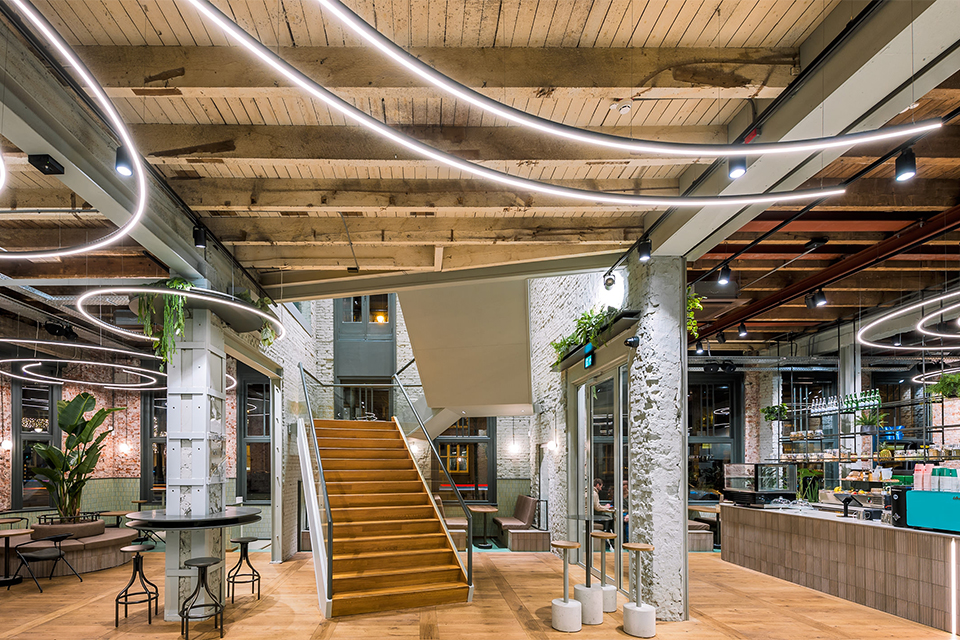
Hannelore Schultz stresses the importance of tight milestone planning. "We work with a very detailed schedule, in which we calculate backwards from the completion date," she explains. "This means we can determine exactly when each part needs to be ready, including delivery times of materials. This approach allows us to make the renovation as efficient as possible." This tight planning allows us to remain flexible even in the event of unforeseen circumstances. "Something can always go wrong, such as delays in delivery times," says Schultz. "But our approach usually allows us to move quickly and find solutions so that the impact on the project remains minimal."
Communications
Another important aspect is communication, both with the client and with the construction partners. "We keep the lines of communication short so that we can move quickly in case of unexpected situations," Schultz says. "The network of construction partners we work with has been carefully built up. Some of these partners have been working with us for 15 to 16 years," adds Albersen. "They know our working methods and know how important it is to be flexible and deliver quality, so that we can minimise inconvenience to guests as much as possible."
Building Retail is now increasingly applying methods originally developed for retail renovations to the hospitality sector. "We break large projects into smaller phases, so that part of the hotel can remain operational while another part is tackled," says Albersen. "The fact that we will soon start a large-scale renovation assignment for a well-known hotel chain shows that our approach is appreciated."
A key trend Albersen sees is that hotels are increasingly adopting elements from retail, such as the presentation of spaces and the use of lighting to create atmosphere. "Think of smart lighting plans that can create different atmospheres depending on the time of day or the function of the room."
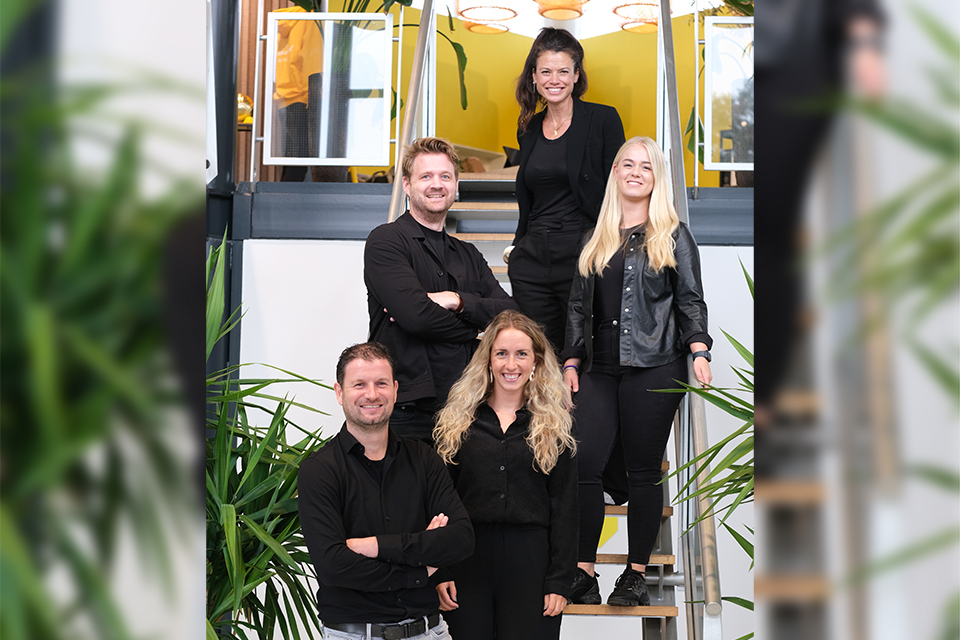
Delivery times and delivery
In addition, sustainability plays an important role in the way Building Retail operates. "We try to reuse materials and minimise waste production," says Albersen. "Because of our broad experience, we also know what market prices are and how they fluctuate, for example after the corona crisis. We take into account longer delivery times or raw material price increases, so that we can advise our customers in the best possible way." This is not only good for the environment, but also helps reduce costs. Thus, Albersen and Schultz ensure a renovation process in which customer satisfaction, quality and sustainability are paramount.
Schultz adds that project completion is just as important as execution. "A handover is not completion," she says. "We stay involved until everything is satisfactorily completed, even after the official handover. Rather than leave a bad impression, we would rather do three extra visits to finish everything nicely. Guests and clients mainly remember how we interacted with them, not just the end result." Schultz goes on to explain that proper completion involves much more than simply ticking off a checklist. "We make sure every completion point is actually dealt with, and we listen to customer feedback to make adjustments where necessary," she says. "This means we often come back several times, until everything is exactly the way the client wants it. We don't want to leave any loose ends, as this has a big impact on the memory customers have of us. That is why we always schedule follow-up visits after completion, so that everyone is fully satisfied and we can address any remaining issues." Schultz stresses that these extra steps are essential for creating long-term relationships with customers. "It's not just about the technical completion of the work, but also about the service and the way we support customers during and after the project."
5 tips for a successful hotel renovation:
- Good preparation is everything: Clearly define the objectives of the renovation in advance and involve experts such as project managers early in the process to align the design and budget.
- Work in phases: By dividing the renovation into small, manageable parts, parts of the hotel can remain operational. This reduces the impact on guests and makes for a more efficient process.
- Flexible scheduling: Take guests' daily routines into account. Schedule noisy work at times when guests are least bothered by it, e.g. after breakfast or during off-peak hours.
- Communicate clearly: both with staff and guests. Make sure everyone knows what to expect so that surprises are kept to a minimum.
- Sustainability at every step: Consider reusing materials and innovative techniques to minimise inconvenience and save costs.
